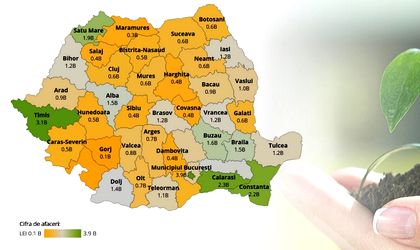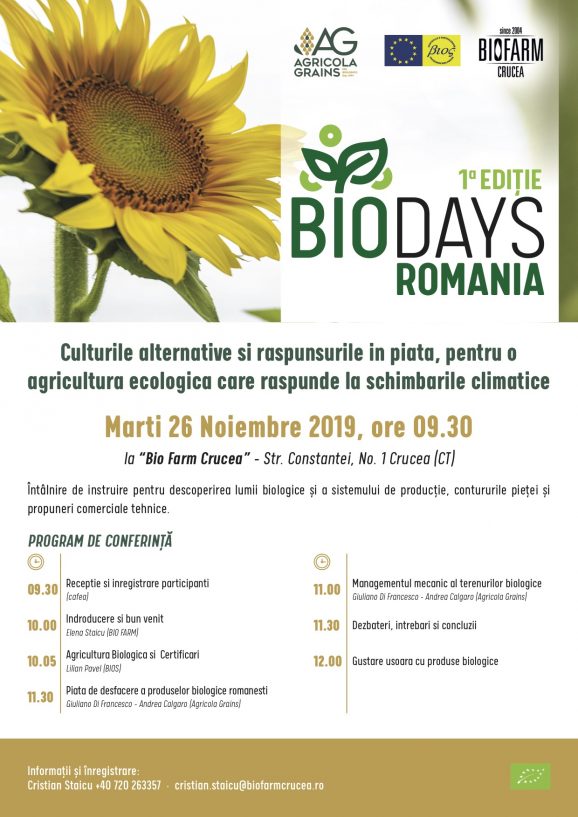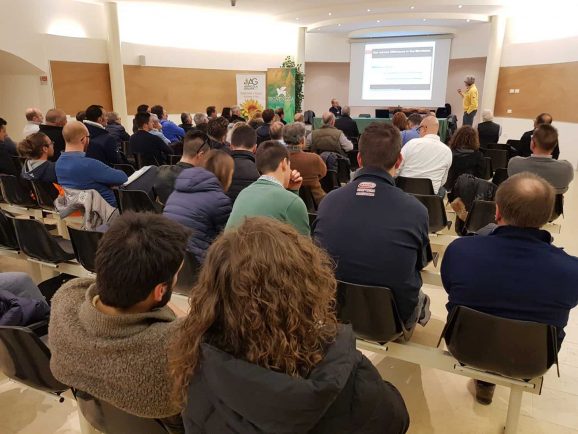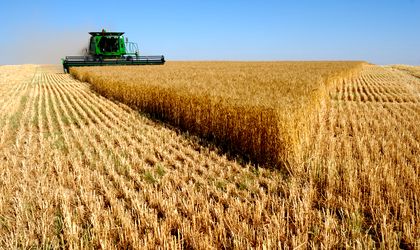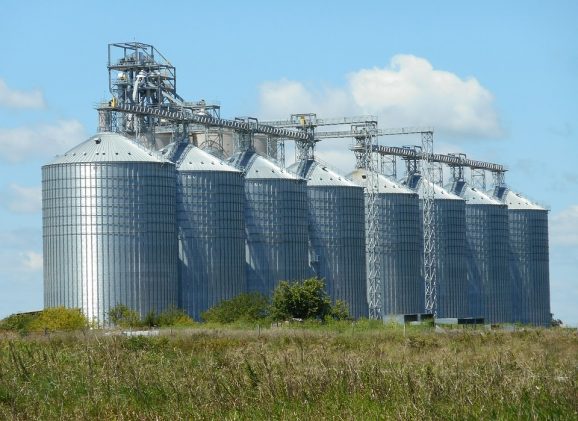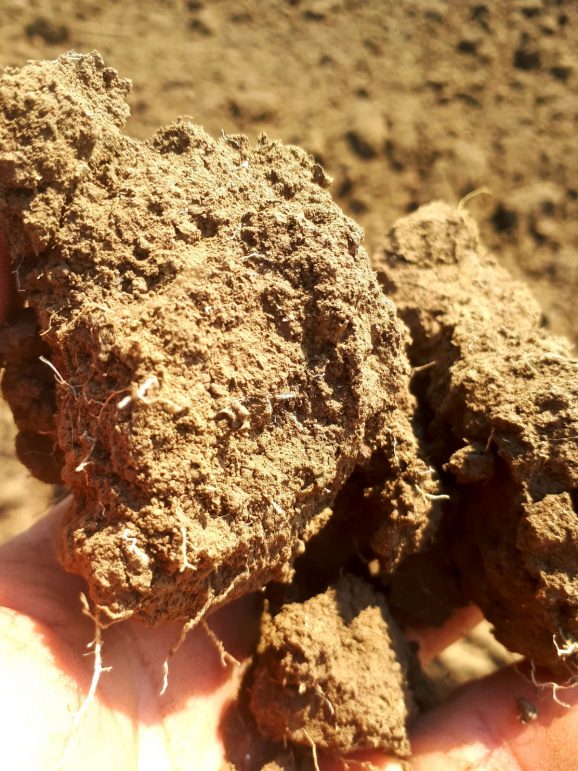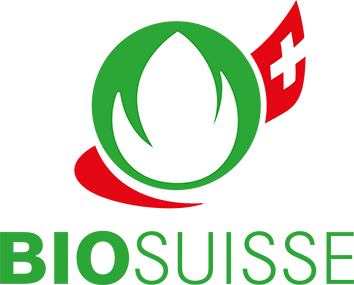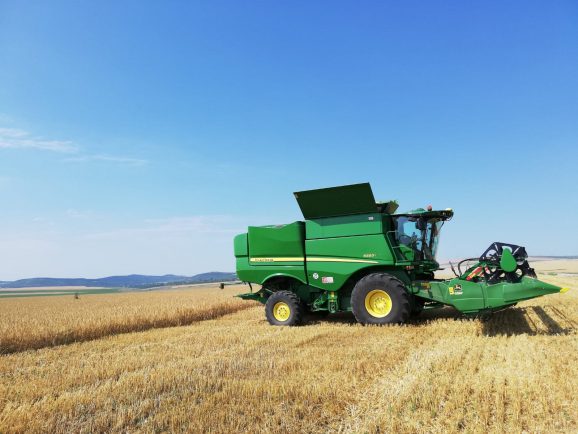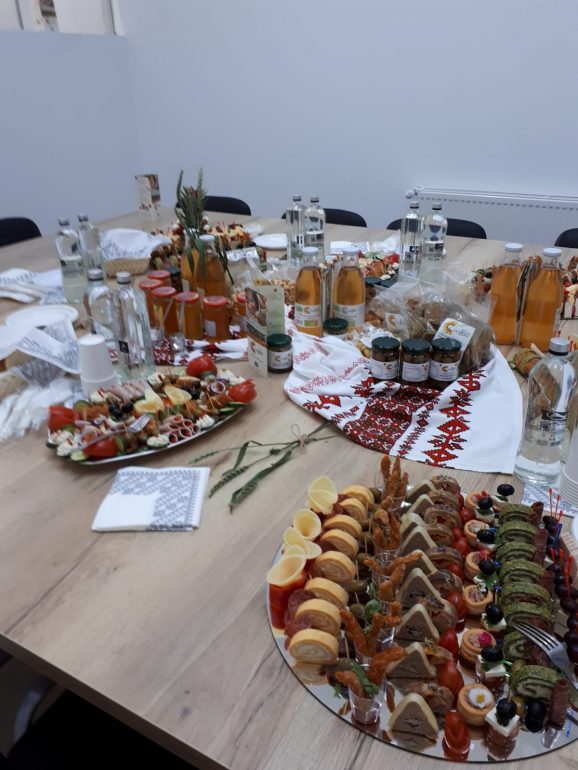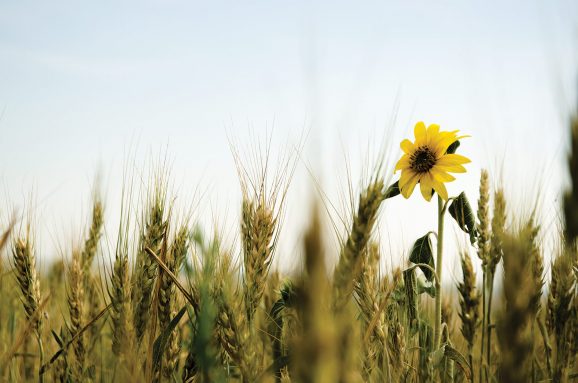The turnover of local companies operating in the agriculture sector will increase by almost half a billion euros in 2019, placing agriculture among the strategic sectors of the Romanian economy, according to the estimates of KeysFin specialists.
However, the results could have been better had the weather been more favorable. If in 2018 agricultural production in Romania reached historical highs, with records for wheat and maize, this year statistics are showing a decrease, not just in the case of domestic agriculture, but also at the European level, due to the extreme climatic conditions.
“Romania occupies a leading position among European countries in agricultural production, and the turnover and profit of local companies represent an equally good barometer for the successes of Romanian agriculture. Even though not all companies in the field use drones and other modern technologies to monitor and protect agricultural crops, investments and programs in this sector, both by authorities and private entities, have targeted useful changes, which have contributed fully to the development of agriculture, so our team of experts foresees an increase of this sector in 2019, by about 5 percent compared to the total turnover of 2018 of companies in the field,” said Roxana Popescu, managing director of KeysFin.
In 2018, the turnover of the local agriculture companies reached RON 43 billion, registering an increase of 14.7 percent compared to the results of 2014.
The largest agriculture company was the Romsilva Forest National Agency, with a turnover of RON 2.3 billion (5.3 percent of the total) in 2018. The ranking continues with Smithfield Romanian (RON 868 million), followed by Promat Comimpex ( RON 715 million), Agro-Chirnogi (RON 698 million) and Transavia (RON 597 million).
The 10 most important players in agriculture had total turnovers amounting to RON 6.8 billion, concentrating 16 percent of the total turnover of this sector in 2018.
New records for Romania
Plant production in Romania has increased by 26 percent over the last five years, reaching EUR 13.9 billion, ranking 6th in the EU in 2018, with almost 6 percent of the total.
According to data from the National Institute of Statistics, despite dangerous hydro-meteorological phenomena, last year Romania ranked first in maize among the member states of the European Union, both in terms of cultivated area and production, with 18.7 million tonnes.
Moreover, Romania reported last year the highest production of sunflower in the EU, of 3 million tonnes, being followed in the ranking by countries such as Bulgaria, Hungary, France and Spain.
Romania also recorded 7.3 percent of total wheat production at EU level, 10.1 million tonnes, thus ranking 4th, after France, Germany and the United Kingdom.
In the case of soybean production, Romania occupies the second position both from the point of view of the cultivated area and that of the production area, accounting for over 16 percent of the total EU.
Half of companies see profit
Despite the challenges related to unpredictable weather conditions or difficult access to finance, of the more than 23,500 companies operating in the agricultural sector, approximately 13,600 (58 percent) made a profit, while 7,200 (30.5 percent) registered losses.
Source: Business Review – November 2019
